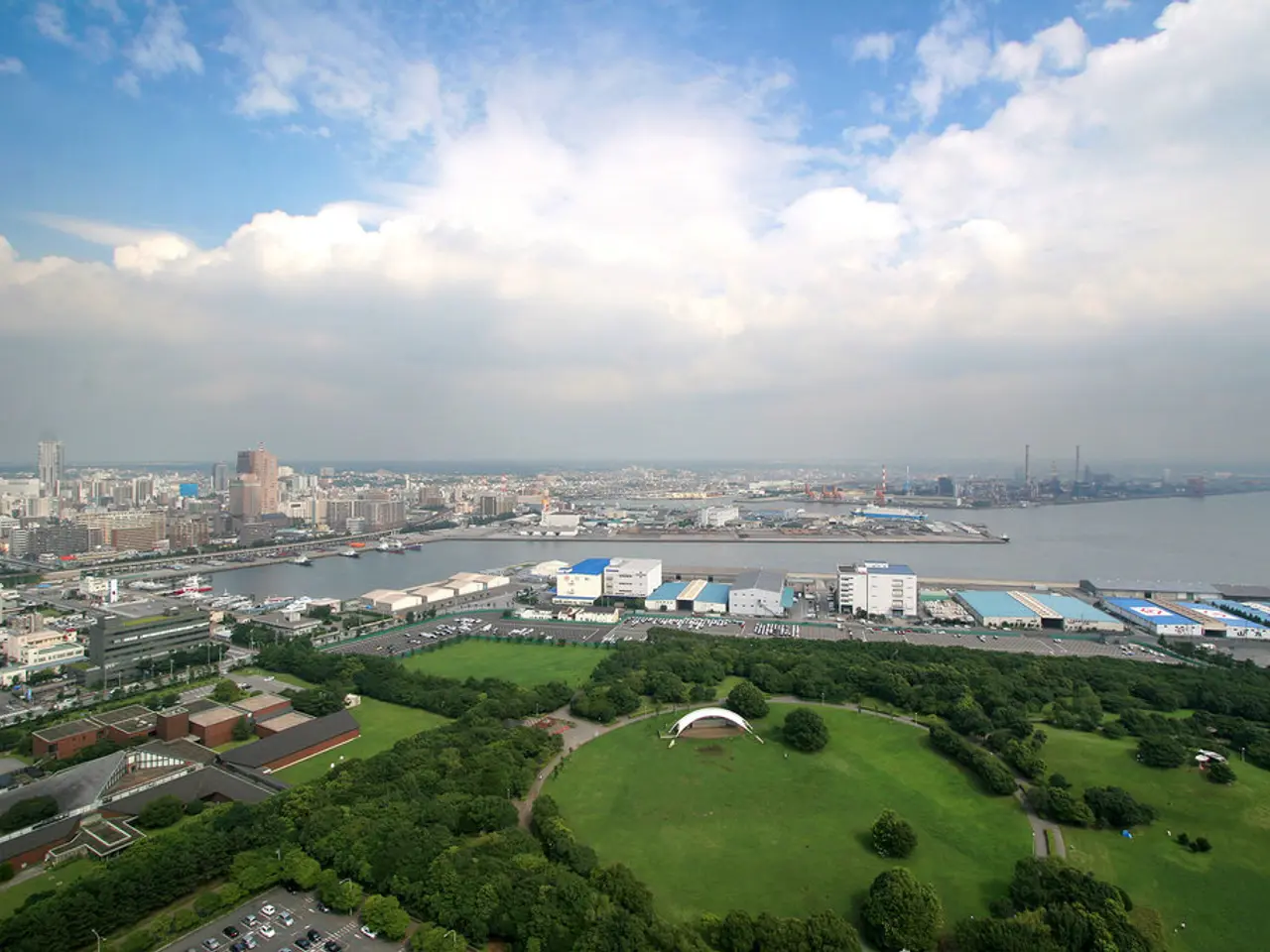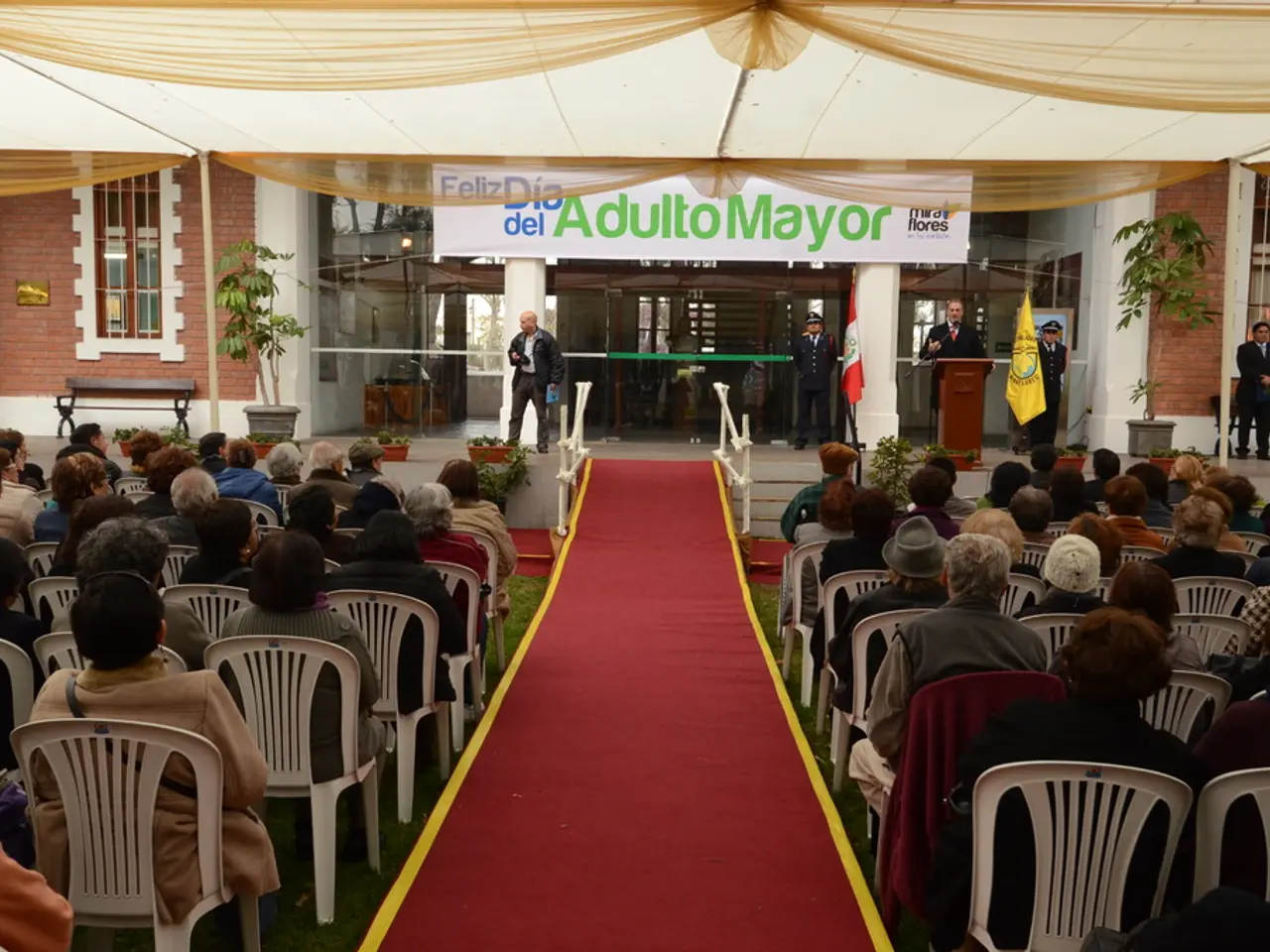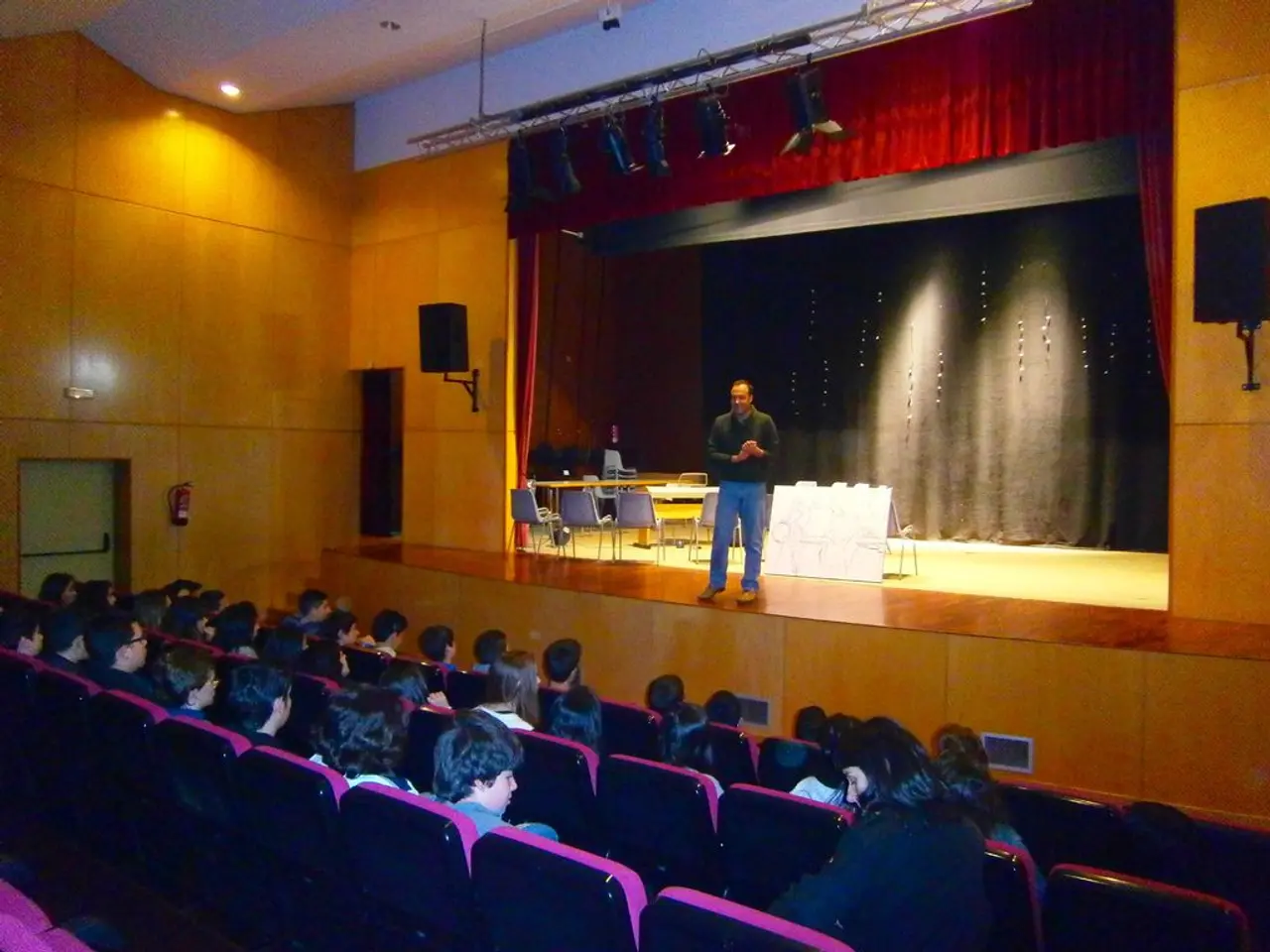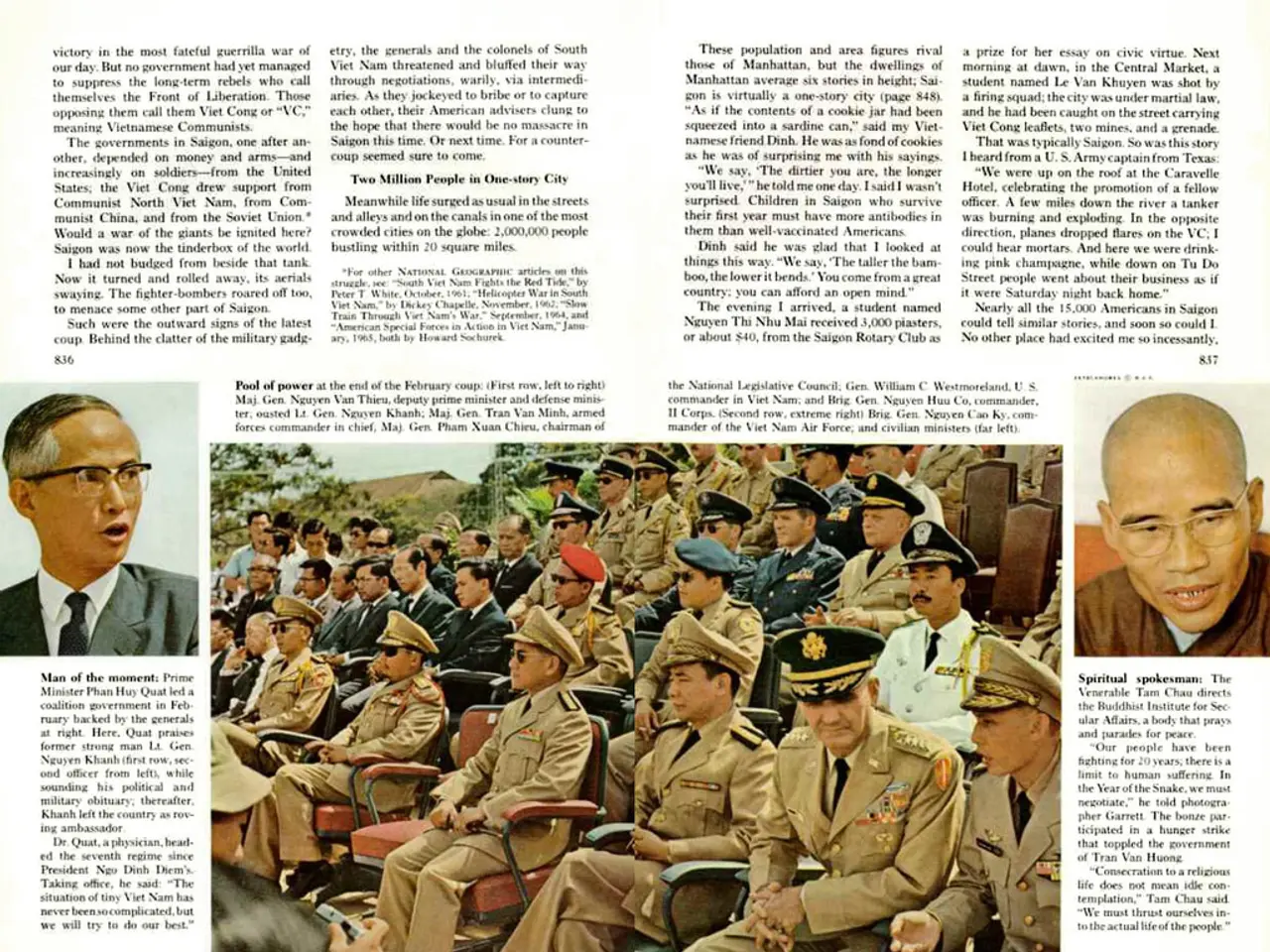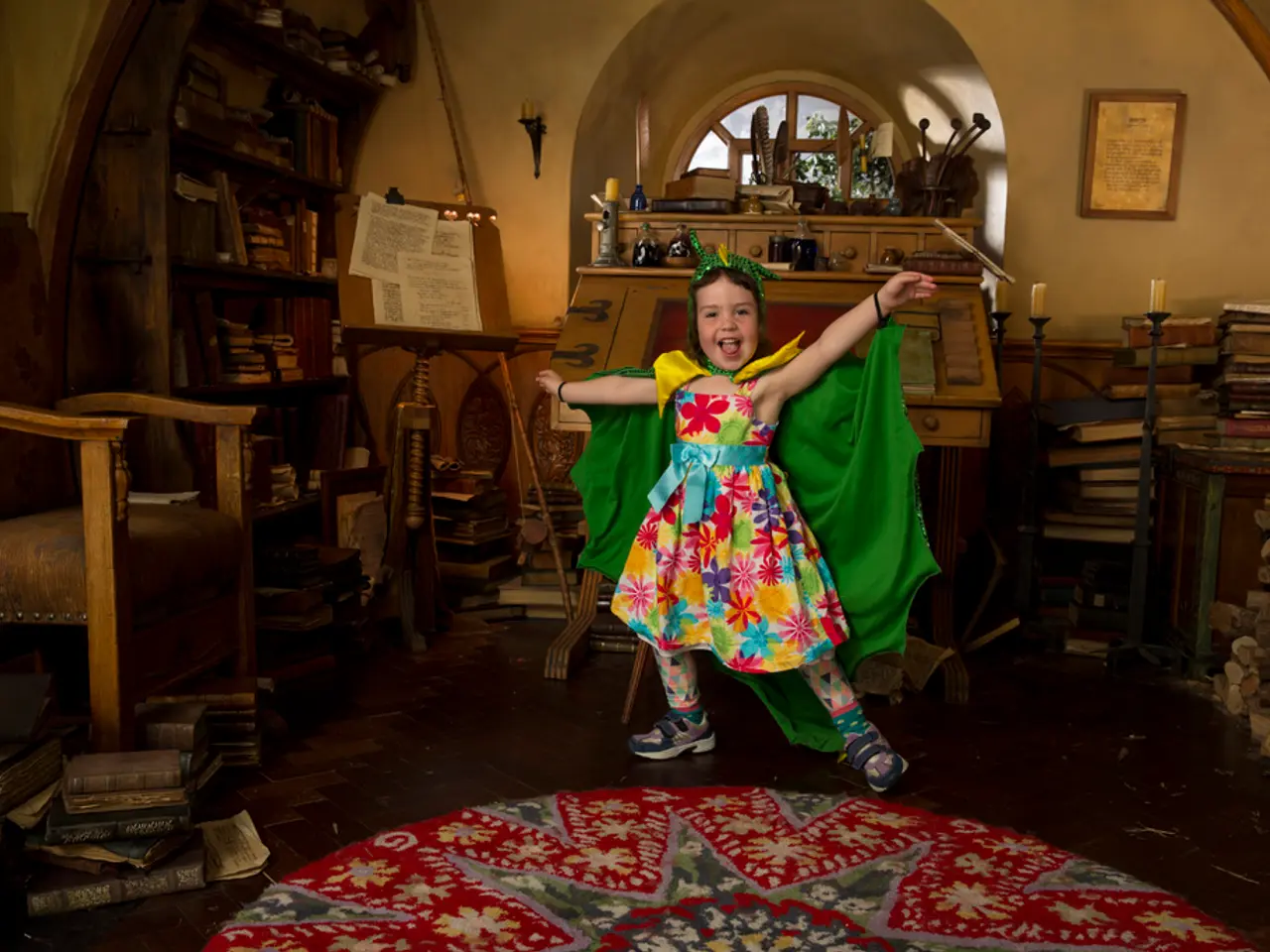"Negligent purchasing of land on Hollerweg by Regensburg city - assessing the extent of the resulting chaos and potential harm."
City of Regensburg's Unforeseen Purchase of a Protected Biotope
The city of Regensburg has found itself in an unexpected predicament, having spent approximately eight million euros on a 2.2-hectare plot that is now known to be a protected biotope. The circumstances surrounding the purchase are unclear, with questions surrounding whether the city exercised its right of first refusal or if other interested parties dropped out.
The property, located at Hollerweg, is home to several protected species, including the heath milk-vetch, a species on the red list in Bavaria. Additionally, sand dry grassland, a rare ecosystem, was found on the site, discovered by Raimund Schoberer and biologist Dr. Albrecht Muscholl-Silberhorn.
Despite numerous indications and expert opinions, the city was apparently unaware of the biotope issue. In 2021, during the first attempt for a building plan at Hollerweg, several specialist departments explicitly pointed out that the biotope mapping was outdated. Furthermore, it's believed that the city knew about the outdated mapping at the time of purchase, which dates back to 2008.
Residents have reported sightings of protected species such as the grass snake and the strongly endangered butterfly White Waldportier on the site, adding to the concerns about the property's ecological significance.
The city council factions have approached the city with questions regarding the biotope issue, receiving a brief letter from the mayor promising comprehensive information on the status in the public session on July 29.
This oversight has raised concerns about the city's due diligence and coordinated verification during the land acquisition process. The failure to properly integrate expert environmental information into the decision-making framework could lead to a multi-million-euro mistake. Protected biotopes impose strict limitations on land use and development, potentially reducing the value and utility of the property and exposing the city to legal and remediation costs.
The city has promised a statement, and further reporting will be done on it. It remains unclear if the responsible property office exercised a right of first refusal, potentially outbidding other investors. The city has also not disclosed if it carried out a thorough examination of the area before spending millions.
In the meantime, the city of Regensburg faces the task of addressing this environmental issue, ensuring that proper procedures are followed in the future to prevent similar oversights.
- The purchase of the protected biotope in Regensburg by the city has sparked discussion in the realm of general news, as questions arise about whether the city exercised its right of first refusal in the environmental-science field and if proper due diligence was employed during the buying process.
- The importance of science and politics intersecting in situations like these cannot be overstated, as this incident highlights the necessity of incorporating environmental data into decision-making frameworks to avoid costly and damaging oversights in the field of environmental-science.
